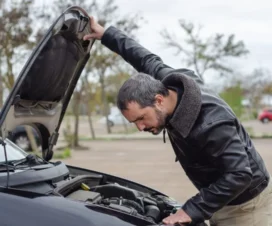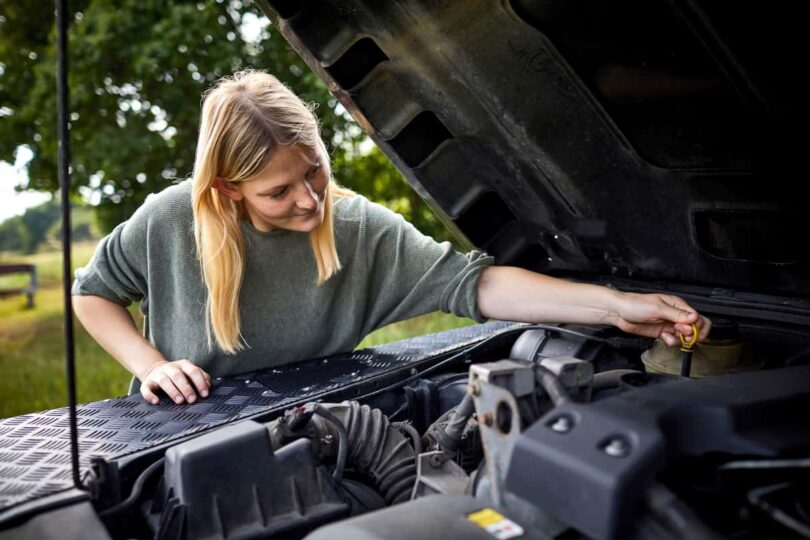 |
Whether you’re a new car owner or just looking to become more self-sufficient with your vehicle, understanding basic car maintenance is essential. Regular upkeep not only extends the lifespan of your car but also ensures your safety on the road. Here’s a beginner’s guide to car maintenance, covering some essential tips and tricks to keep your vehicle running smoothly.
1. Regular Fluid Checks
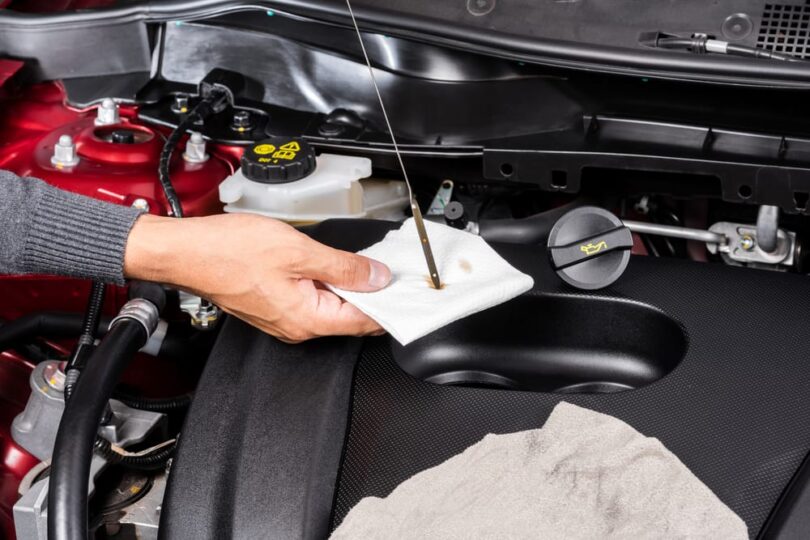
Fluids such as engine oil, coolant, brake fluid, and windshield washer fluid are vital for your car’s performance and safety. Check these fluids regularly, especially before long trips or at least once a month. Low oil levels or dirty oil can lead to engine damage, while low coolant levels can cause overheating. Maintaining proper fluid levels and replacing them as needed will help prevent costly repairs down the road.
2. Tire Maintenance
Proper tire maintenance is as crucial for safety as a tailors bunion corrector. Check your tire pressure regularly using a tire pressure gauge and ensure they are inflated to the manufacturer’s recommended levels. Under-inflated tires can decrease fuel efficiency and lead to uneven tire wear, while over-inflated tires can affect handling and traction. Additionally, inspect your tires for signs of damage or uneven wear and rotate them regularly to promote even tread wear.
3. Scheduled Inspections and Servicing
Follow your car manufacturer’s recommended maintenance schedule for routine inspections and servicing. This typically includes oil changes, filter replacements, and inspections of various components such as brakes, belts, and hoses. Regular servicing helps identify potential issues early on, preventing them from escalating into more significant problems. It also ensures that your car operates efficiently and safely.
4. Brake Maintenance
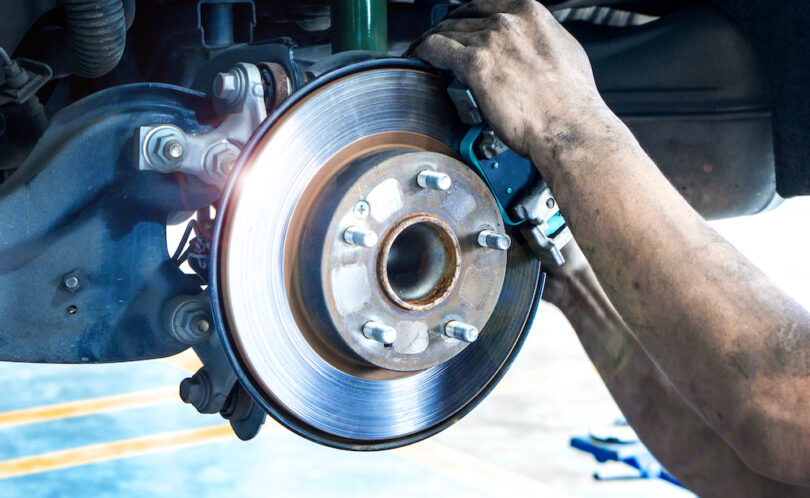
Your brakes are one of the most critical safety features of your vehicle. Pay attention to signs of brake wear, such as squealing or grinding noises, pulsating brake pedals, or longer stopping distances. If you notice any of these signs, have your brakes inspected by a qualified mechanic immediately. Additionally, replace brake pads and rotors as recommended by your car manufacturer to maintain optimal braking performance.
5. Battery Maintenance
To ensure your vehicle’s battery remains in top condition, start by inspecting the battery terminals regularly. Corrosion at the terminals can lead to poor connections and potential starting problems. Cleaning them with a brush and a mixture of baking soda and water can remove this corrosion, restoring proper connection. For batteries with accessible cells, check the fluid level; low levels can be topped up with distilled water, ensuring the battery’s longevity. Utilizing a multimeter to test the battery’s voltage is crucial to verify it operates within the manufacturer’s specified range. Batteries displaying signs of aging or failing the voltage test should be promptly replaced to avoid unexpected breakdowns.
6. Air Conditioning System Maintenance
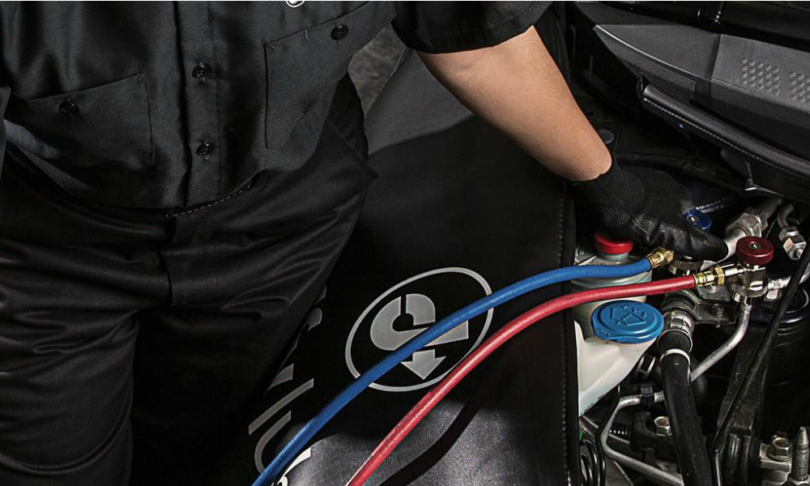
Source: jiffylubesocal.com
Annual inspections of the air conditioning system by a qualified technician are essential to detect leaks, verify correct refrigerant levels, and ensure the system operates efficiently. Replacing the cabin air filter according to the manufacturer’s timeline is vital for maintaining clean air flow inside the cabin, enhancing passenger comfort and health. Regular cleaning of the exterior condenser unit helps maintain optimal airflow and cooling efficiency. Operating the air conditioning system throughout the year, including winter, helps keep the seals lubricated and prevents the system from losing efficiency.
7. Fuel System Maintenance
Opting for high-quality fuel minimizes engine deposits and keeps the fuel system clean. Periodic use of a fuel system cleaner can dissolve carbon deposits, enhancing the engine’s performance and fuel efficiency. Following the manufacturer’s schedule for replacing the fuel filter is critical to ensure uninterrupted fuel flow and protect the engine from potential damage. Keeping the fuel tank reasonably full reduces the risk of drawing contaminants into the fuel system, safeguarding against fuel-related issues.
8. Exterior Care
Regular washing of your vehicle is paramount to remove harmful substances that can degrade the paint and lead to rust formation. Applying wax every few months shields the paint from UV damage and environmental pollutants. Windshield wipers should be inspected and replaced as necessary to ensure clear visibility during rain or snow. Checking and securing loose exterior trim pieces prevents water entry and preserves the vehicle’s aesthetic appeal.
Basic DIY Repairs: While some maintenance tasks are best left to professionals, there are several basic repairs that you can do yourself with the right tools and knowledge. These include replacing windshield wiper blades, changing air filters, and replacing light bulbs. Many online tutorials and instructional videos are available to guide you through these DIY repairs, saving you time and money.
By following these essential tips and tricks for car maintenance, even beginners can keep their vehicles in top condition and avoid costly repairs. Remember that regular upkeep ensures your car’s longevity and contributes to your safety and peace of mind on the road.



